Time:2023-06-20 Source: Author: Views:

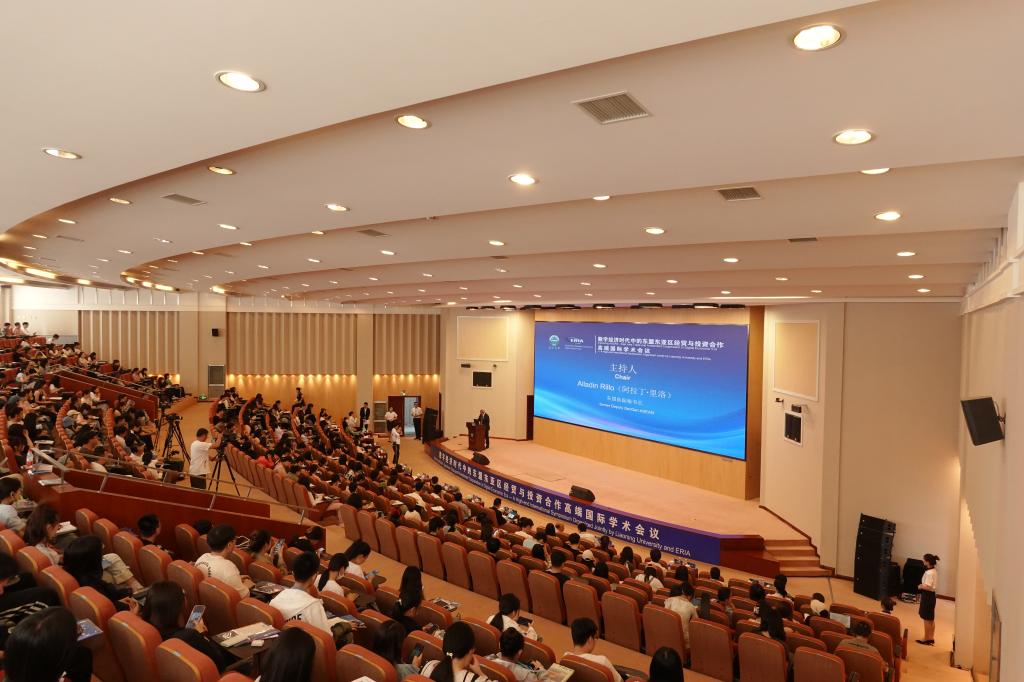
From June 14th to 15th, 2023, Liaoning University and ERIA jointly organized a top-teir international symposium entitled “Improving ASEAN: East Asia Trade and Investment Cooperation in Digital Economic Era.” Representatives and former political figures from ASEAN and its member countries, representatives and experts from relevant international organizations, and experts and scholars from relevant government departments, universities, and research institutes in China all gathered in Shenyang to discuss regional economic and trade cooperation among ASEAN-East Asia.
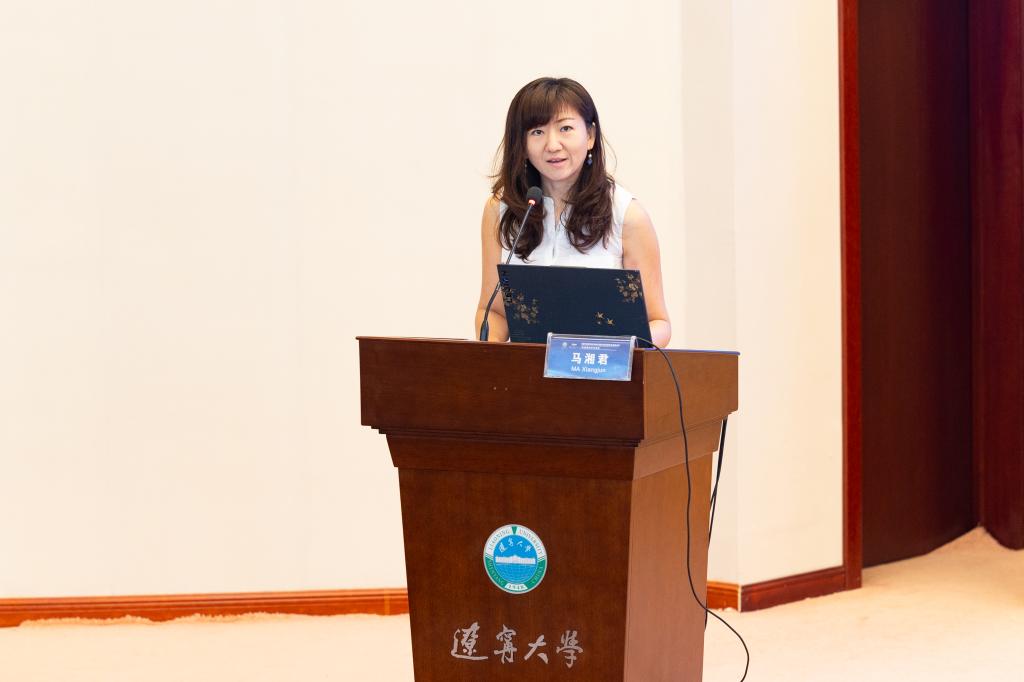
Professor Ma Xiangjun, Vice Dean of the Institute of China Economy Research at Liaoning University, hosting the first part of the academic and policy seminar
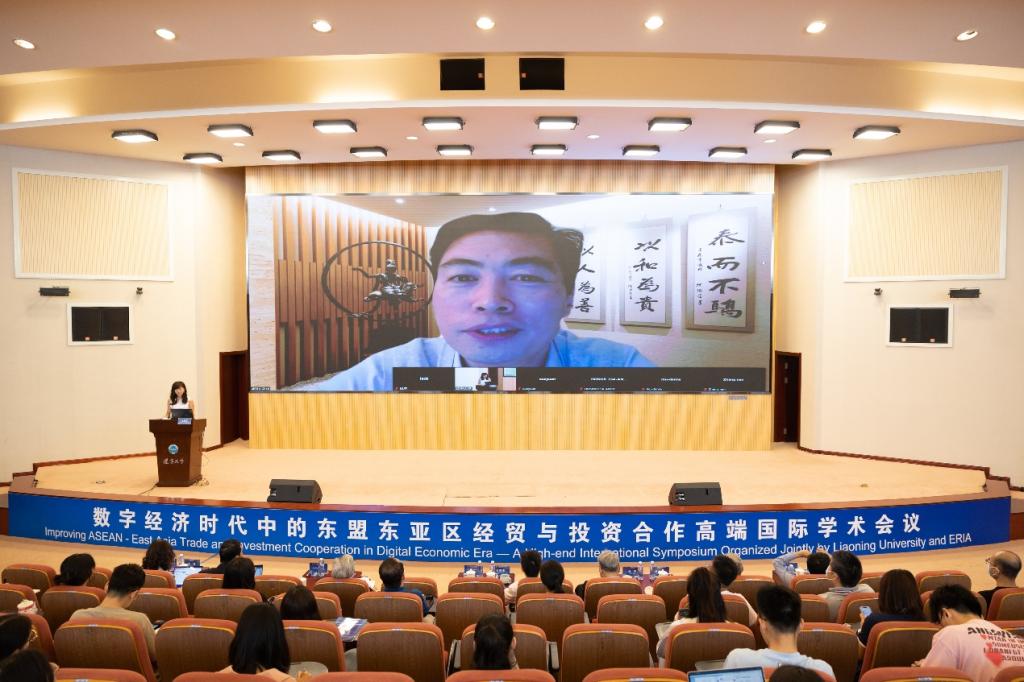
Professor Chen Bo from the School of Economics at Huazhong University of Science and Technology, centered his talk on "The Impact of Service Liberalization on the Skill Premium of Manufacturing Enterprises: Theories and Evidence from China." Prof. Bo, on the basis of the heterogeneous enterprise trade model, introduced service investment and technology upgrading decisions that, combined with the fair capital theory, can build a theoretical model which measures the impact of service industries opening on the technology premium within manufacturing enterprises. This model, Prof. Bo continued, indicates that the opening up of the service industry will reduce the input costs of manufacturing enterprises, enhance their profitability, and benefit the skilled labor force with stronger negotiation ability, thereby increasing the technology premium within the enterprise. In addition, he added, the opening up of the service industry will promote relatively low-tech manufacturing enterprises to choose technology upgrades, thereby increasing the technology premium within these enterprises. Based on the data of Chinese industrial enterprises from 2000 to 2007 and the sample of listed companies from 2011 to 2019, the results of this theoretical model can be confirmed through testing.
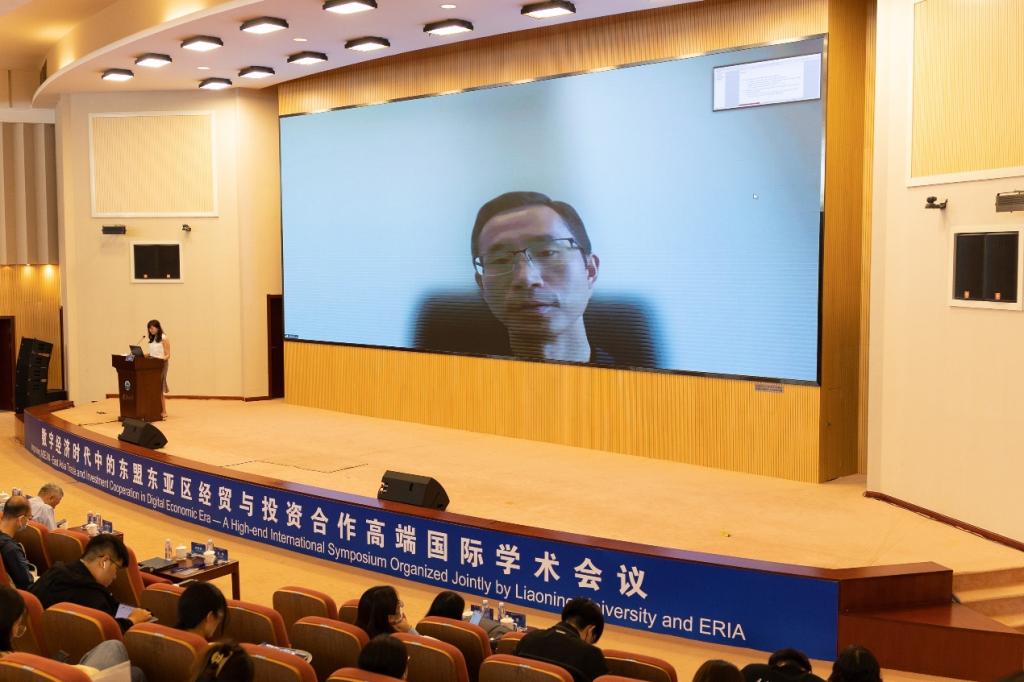
Professor Liu Qing, Vice Dean of the National Development and Strategic Research Institute at Renmin University of China, based his talk on "Investment Similarity, Core Competitiveness, and Mergers and Acquisitions." Whereas the resource-based enterprise view believes that enterprises will diversify their operations in order to utilize their core competitiveness, Prof. Liu stressed the importance of a company's professional knowledge or ability in the use of inputs being a key component of its core competitiveness. Based on this, he continued, we should study the impact of this ability on a company's merger and acquisition decisions. He found that, when companies enter new industries through mergers and acquisitions, they are more likely to choose companies with more similar investment structures as merger targets, which helps to fully utilize their professional knowledge or capabilities in the use of their inputs. Using the quasi-natural experiment that China's accession to the WTO reduced import tariffs, Prof. Liu’s research confirmed the above causal relationship. This study provides new insights into the understanding of mixed mergers and acquisitions in enterprises.
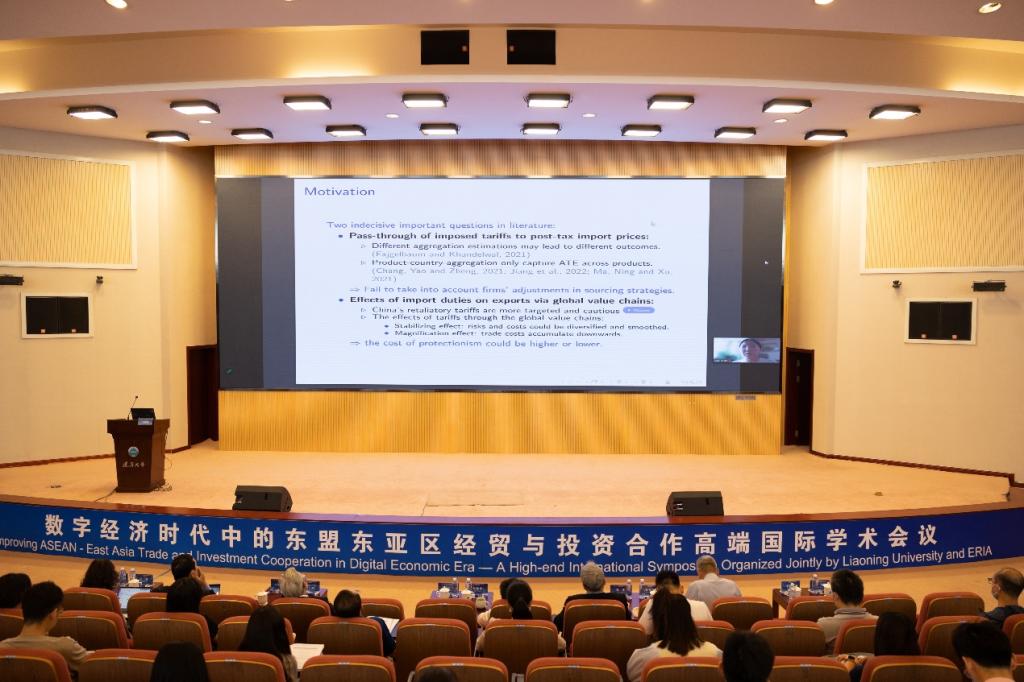
Professor Tian Weichang, an associate professor of the School of Economics at Peking University, discussed the impact of anti-tariff measures in the China-United States trade war, focusing on enterprises' participation in the import and export links of the global industrial chain. Since 2018, Prof. Tian noted, the United States has launched a trade war against China and have imposed additional tariffs on a large number of products from China as a response to China's corresponding imposition of anti-import taxes. Prof. Tian’s study incorporated monthly customs import and export data from 2016 to 2019 to re-examine the tariff transmission of China's anti-tariff measures at the enterprise level, finding that a 10% increase in countervailing tariffs would reduce imports from the United States by 3%, allowing companies to adjust their pre-trade war import product mix to alleviate the increase in procurement costs caused by trade disputes. Prof. Tian also found that anti-tariffs have led to a decrease in exports to the United States and other countries, with the results remaining significant even after controlling import expenditures. He further discussed the cumulative impact of anti-tariffs on downstream industries throughout the input-output industrial chain, concluding that upstream anti-tariffs will increase downstream production costs and amplify the negative impact of anti-tariffs on exports.
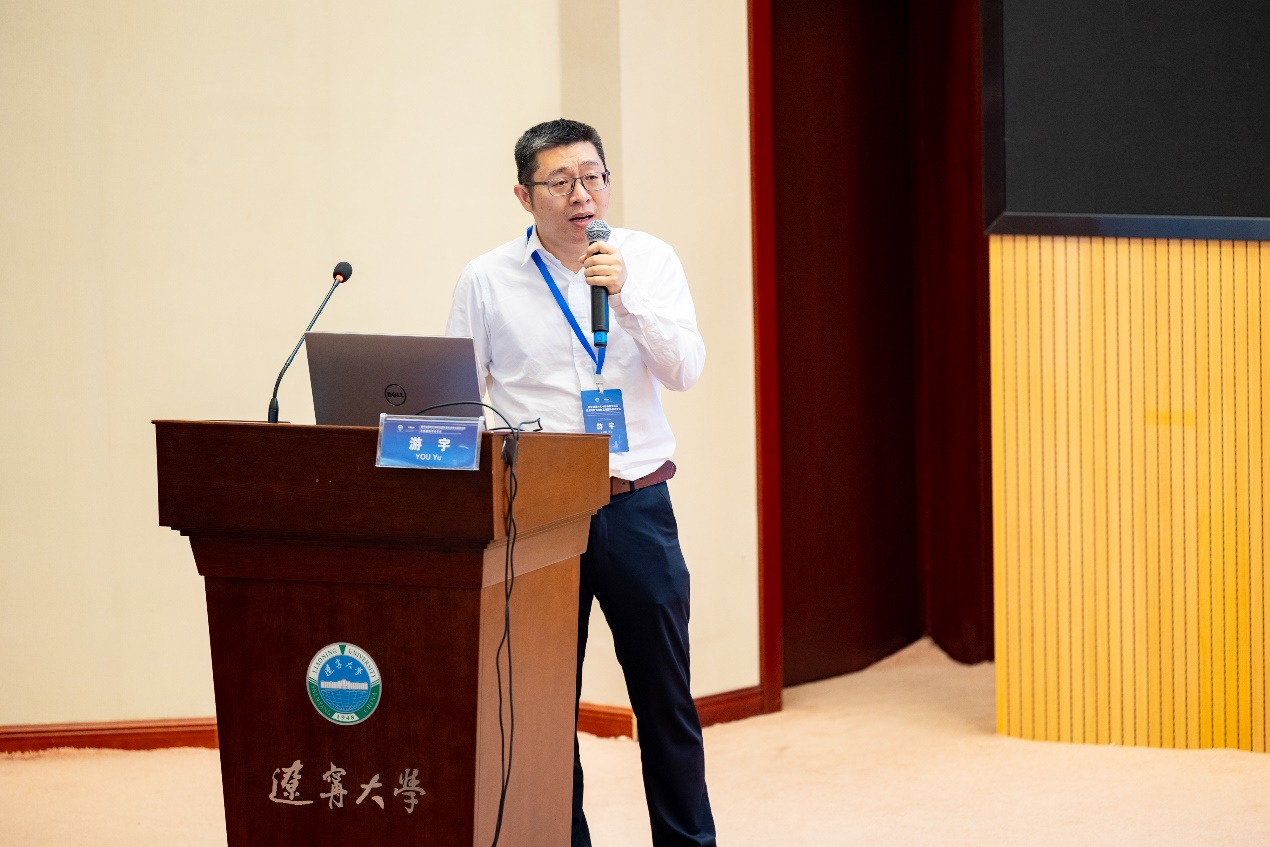
Professor You Yu, Vice Dean of the Li Anmin Institute of Economic Research at Liaoning University, hosting the second stage of the academic and policy seminar
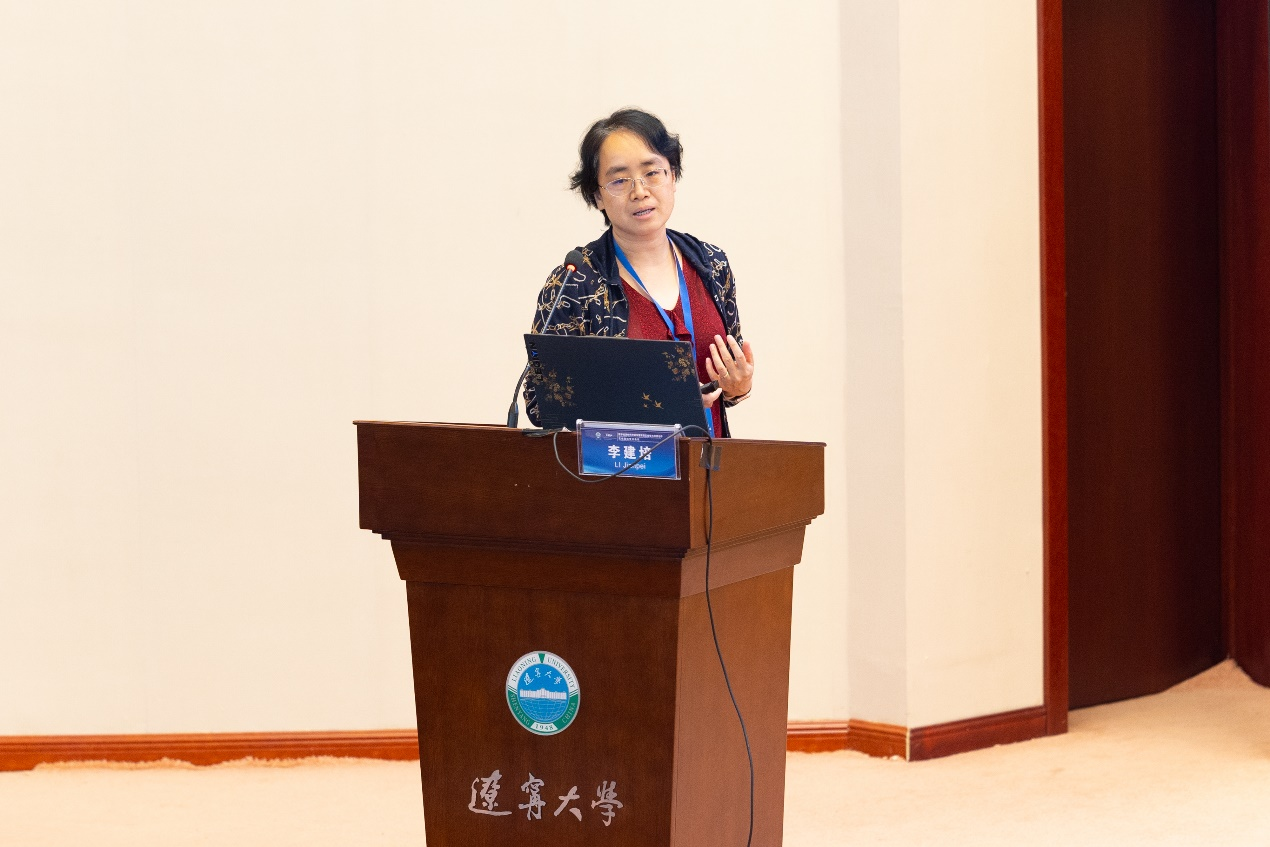
Professor Li Jianpei, Dean of the Sunwah International Business School at Liaoning University and an economics professor at the University of International Business and Economics, discussed “the value of anonymous options,” elaborating on the practical significance that “information processors must obtain personal consent to process information” in the personal information protection law, and, for her study, contextualized this provision as an anonymous option in a game model. For the study, Prof. Li constructed a two-stage repeat purchase game between monopolistic manufacturers and consumers, then analyzed and compared the subgame refinement equilibrium with and without anonymous options, and finally examined the impact of anonymous options on manufacturer profits and consumer surplus, as well as the effectiveness of protecting consumer privacy rights.
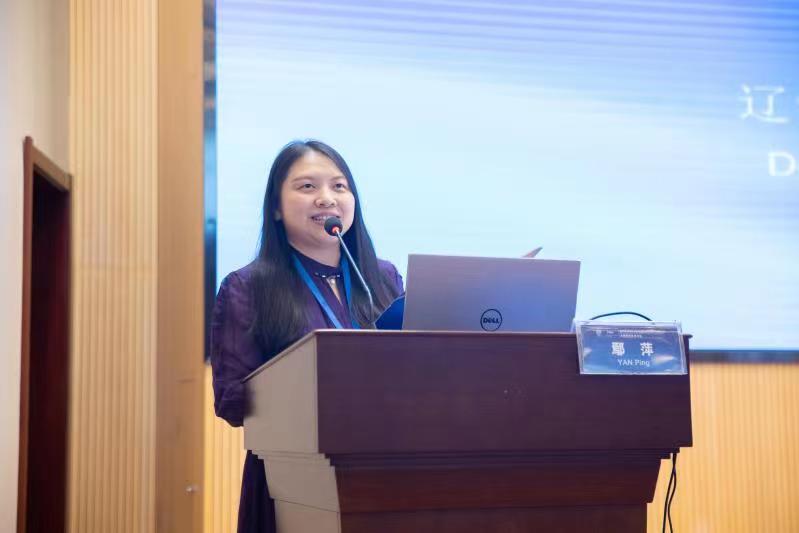
Professor Yan Ping, a professor at Zhongnan University of Economics and Law and a part-time researcher of the National School of Development at Peking University, explained the export decision-making mechanism of Chinese manufacturing enterprises in a talk entitled “Exporting Like China: The Determinants of Trade Status.” Prof. Yan’s model framework emphasizes the shaping mechanism of labor market friction and the changes in market demand on enterprise export decisions. Under the background of this model, she added, a simple export determination model which simply depends on the productivity of enterprises is no longer applicable, and the results of this model cannot be consistent with actual data. Because of this, Prof. Yan’ study used the simulation moment method to estimate the parameters of the heterogeneous enterprise dynamic structure model, then compared the differences in parameters between state-owned and private enterprises, and finally measured the relative importance of the determining mechanisms of labor adjustment costs, market demand, and trade costs through counterfactual policy experiments.
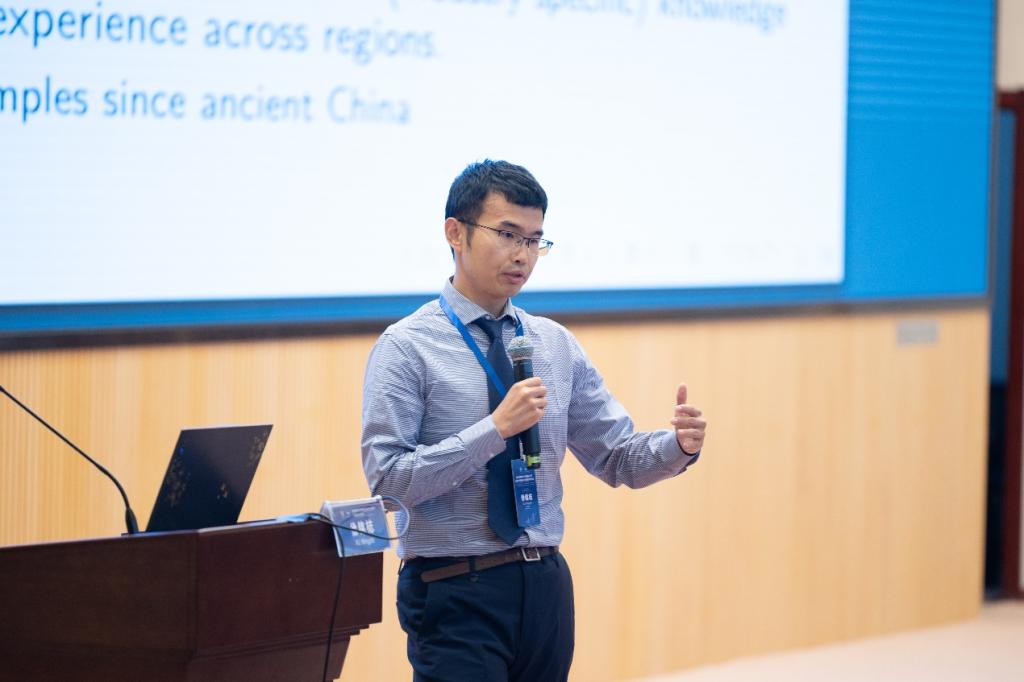
Professor Xu Mingxuan, an assistant professor of the Institute of New Structural Economics at Peking University, made a keynote speech on "Political Rotation and China’s Local Comparative Advantage," expounding the impact of local leader cadre rotation under the leadership of the CPC Central Committee on interregional technology diffusion. Based on the biographical data of officials in prefecture-level city and the measurement of the export performance of each city's sub industry from 1997 to 2013, Prof. Xu’s study found that when an official was transferred to a prefecture-level city as the secretary of the municipal party committee, those industries whose previous location had a dominant comparative advantage would show better export performance in their new positions. This effect is more pronounced for industries that rely more on contract execution and officials with higher education. Further, Prof. Xu continued, based on the text analysis of the annual government work report of prefecture-level city, the study found that changes in industry exports brought about by this official transfer may be driven by changes in industrial policies. In other words, with the new hiring of officials, industries with dominant comparative advantages in the previous office received more support.
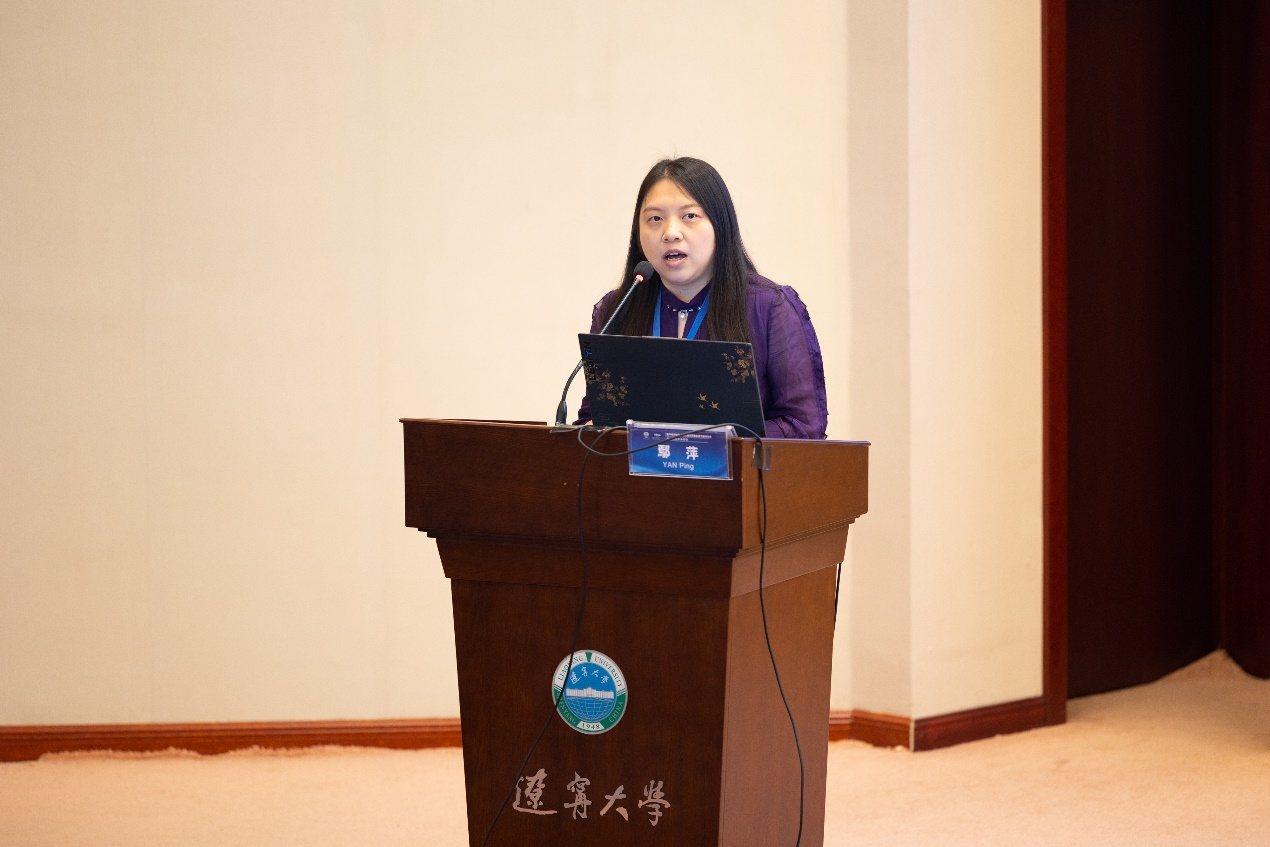
Professor Yan Ping, a professor at Zhongnan University of Economics and Law and a part-time researcher at National School of Development of Peking University, hosting the second part of the academic and policy seminar
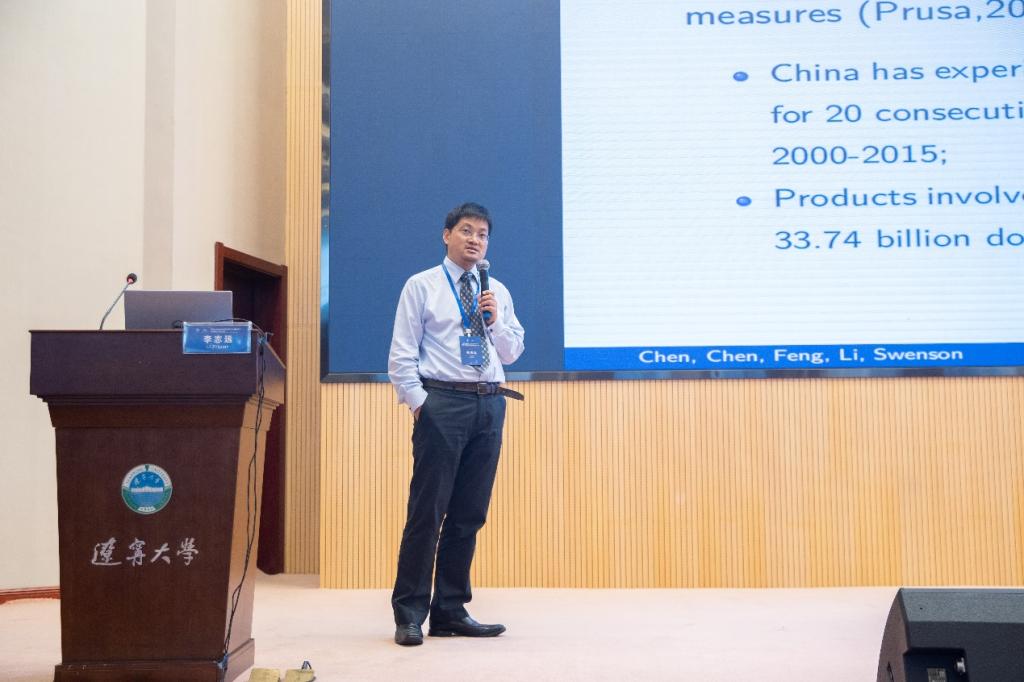
Professor Li Zhiyuan, Dean of School of Finance and Trade of Liaoning University and a professor of the Economics School at Fudan University, centered his talk around the “uncertainty of the anti-dumping investigation trade policy,” noting that China is currently facing serious trade policy uncertainty, which makes it particularly important to measure and evaluate the impact of rising trade policy uncertainty on export enterprises. As a response, Prof. Li’s study constructs a trade policy uncertainty index using enterprises in China that faced anti-dumping investigations from the United States from 2000 to 2015, utilizing the method of multiple differences to study the impact of rising trade policy uncertainty on Chinese enterprises' export decisions. Research has found, said Prof. Li, that the increase in uncertainty brought about by anti-dumping investigations significantly reduces the number and probability of Chinese enterprises entering and exiting the US market. However, the effect of reducing uncertainty on entry is greater than the effect of reducing an exit, resulting in a decrease in the number of surviving enterprises in the market and an overall reduction of the dynamic activity of Chinese enterprises in the export market, with this effect gradually strengthening overtime. After overcoming the endogeneity problem, Prof. Li concluded, the results will remain correct. This discovery expands the research on anti-dumping and trade policy uncertainty, exhibiting important referential significance for addressing the increasing risk of trade policy uncertainty at the present time.
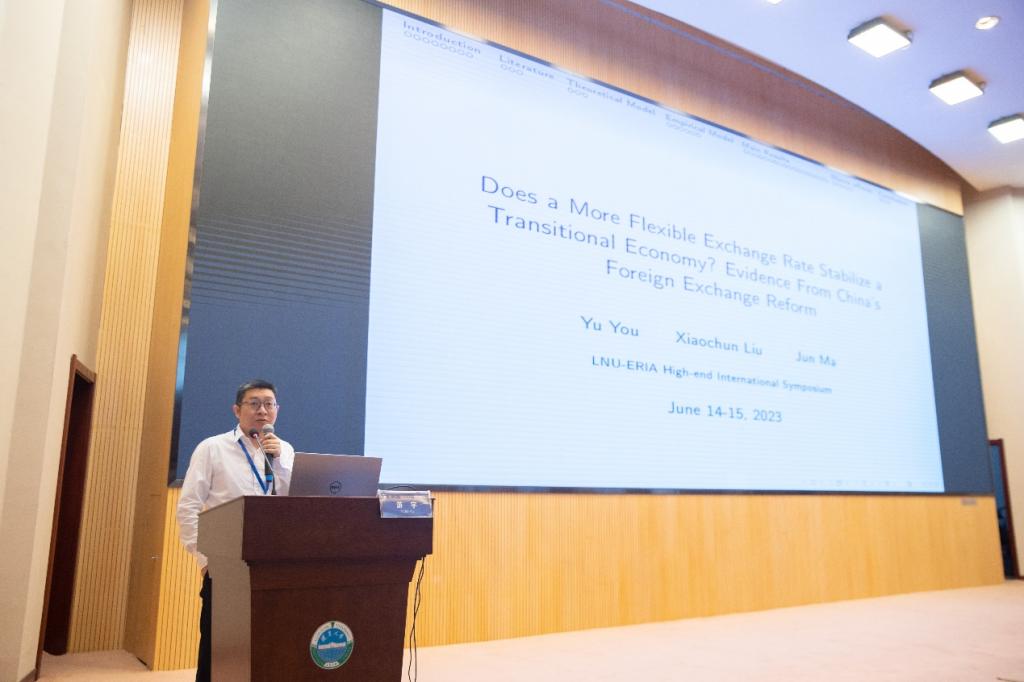
Professor You Yu, Vice Dean of the Li Anmin Institute of Economic Research at Liaoning University, delivered a keynote speech entitled “Can a More Flexible Exchange Rate Stabilize the Transition Economy? Evidence from China's Foreign Exchange Reform.” Prof. You’s study examines two policy issues related to the internationalization of the renminbi, providing policy implications for the central government and global investors. In order to characterize the transition of China's monetary policy from quantitative policy to price policy, Prof. You noted, the study combined the modified McCallum Rule and the extended Taylor Rule in the China-US open economy model. Further, by using a generalized SVAR model with a correlation between horizontal and fluctuating innovation for empirical estimation, Prof. You found the following conclusions: first, ever since the internationalization of the renminbi strategy, the exchange rate has become a shock absorber; second, price-based monetary policies can better improve China's monetary stability compared to quantity-based policies; and, finally, the decrease in inflation uncertainty caused by currency accounts for approximately 41% of the stable improvement in inflation.
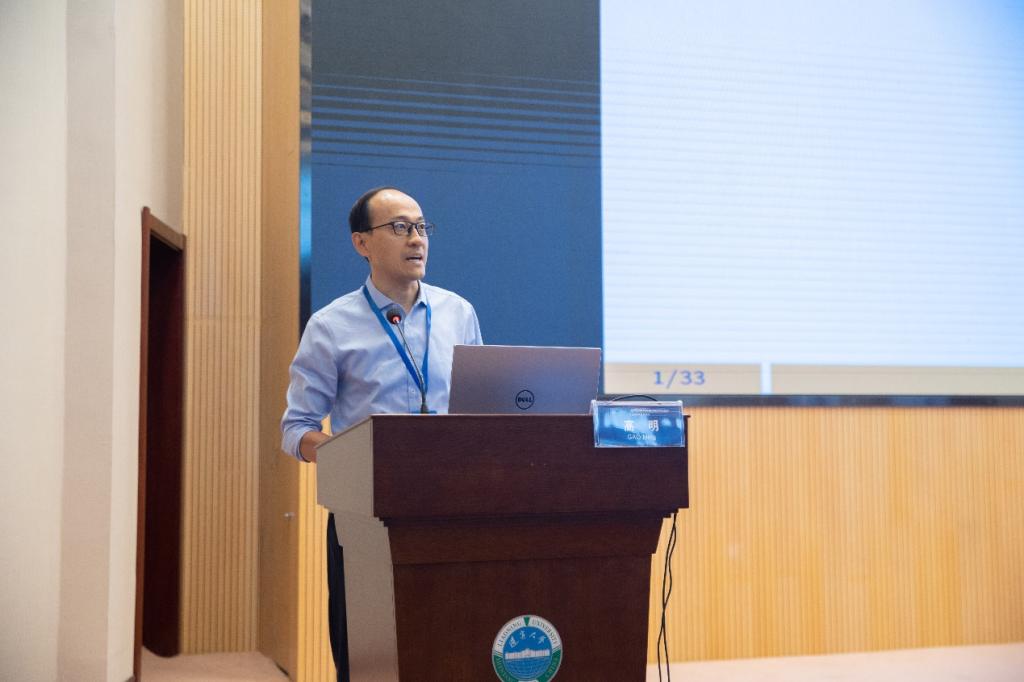
Professor Gao Ming, an assistant professor of the School of Economics and Management at Tsinghua University, discussed how the digital economy platform affects the relationship between multiple suppliers through the agency sales model. Through the agency sales model, which is widely used between the digital economy platform and suppliers, Prof. Gao noted how the monopoly platform (i.e., downstream retail sellers) has an ability and incentive to manipulate and adjust the relationship between upstream suppliers to obtain maximum benefits. This relationship includes both the demand relationship (i.e., complementary good or alternative) and the strategic relationship (i.e., the optimal pricing between different suppliers being strategic complementary or strategic alternative). This manipulation, Prof. Gao continued, can be adjusted by the proportion of revenue sharing between each supplier and the platform, or by the platform pricing the access rights of consumer users (such as membership fees or subsidies). Particularly, platforms can leverage the cross effects between multiple suppliers to increase profits. Prof. Gao’s study then analyzed the impact of different market structures—such as vertical integration between retailers and a single supplier, merger, or collusion pricing between different suppliers--on the aforementioned capabilities and incentives of digital economy platforms, while also addressing the impact on consumer welfare and social welfare, all of which provides a basis for regulatory policy analysis of digital economy platforms.
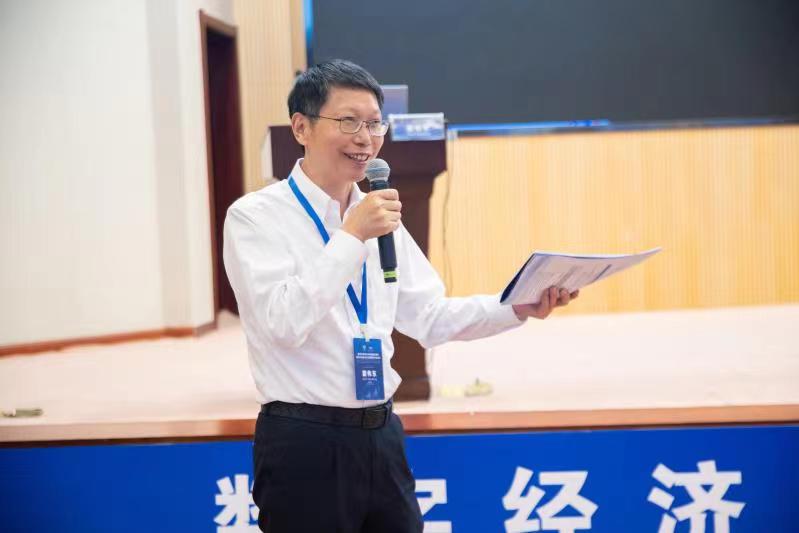
Professor Huo Weidong, Vice Dean of the Economics Department at Liaoning University, hosting the second part of the academic and policy seminar
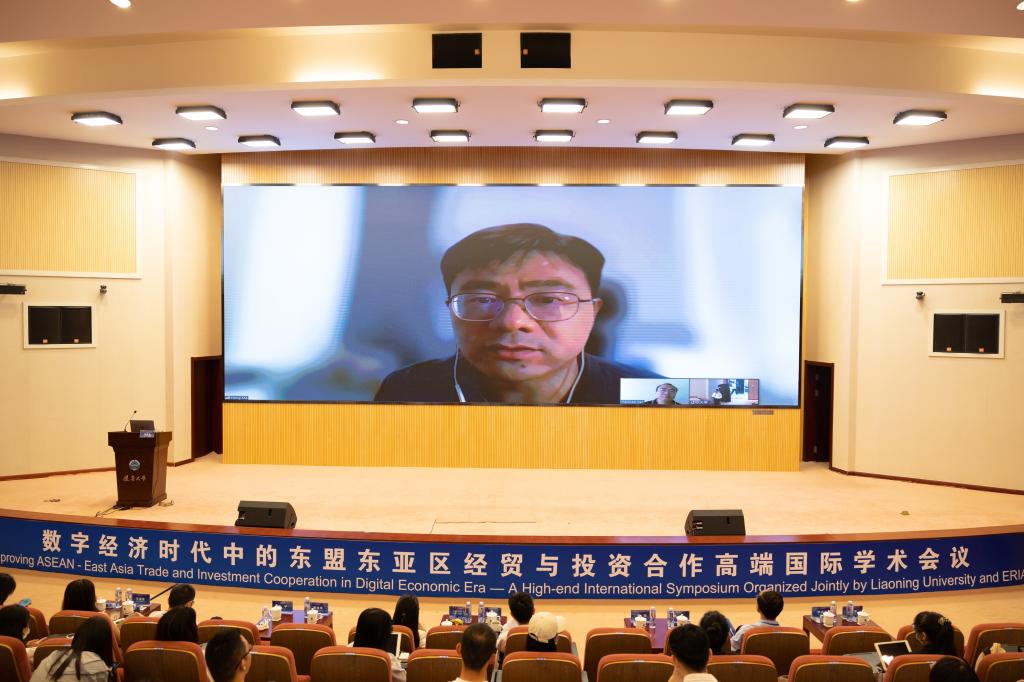
Professor Ma Hong, Deputy Director of the Department of Economics and Management School at Tsinghua University, gave a talk entitled "Ultimate Factories Come to Town: From the Henan Foxconn Factory to Identifying the Spillover Effect of Agglomeration," which focused on the impact of the agglomeration effect on regional manufacturing by studying the spillover effect of Ultimate Factories. Prof. Hong’s study selected Foxconn, the world's largest electronic manufacturing service provider, in Henan Province of China as a quasi-natural experiment, analyzing it by using the geographical difference method and structural model. The empirical results, he stated, indicate that labor productivity growth is significantly higher in areas near Foxconn factories than in areas farther away from the factories. This result has been validated through a series of validity tests, confirming the spillover effect of an aggregation effect. The study further used structural models to estimate the spillover elasticity and spillover decay rate. By establishing a structural model, Prof. Hong found that Foxconn's driving effect on employment is approximately 1:5.6, indicating that Foxconn's investment has a significant positive impact on local employment. The empirical results are consistent with the model estimates, strengthening the robustness of the conclusion that super enterprises can generate clustering spillover effects.
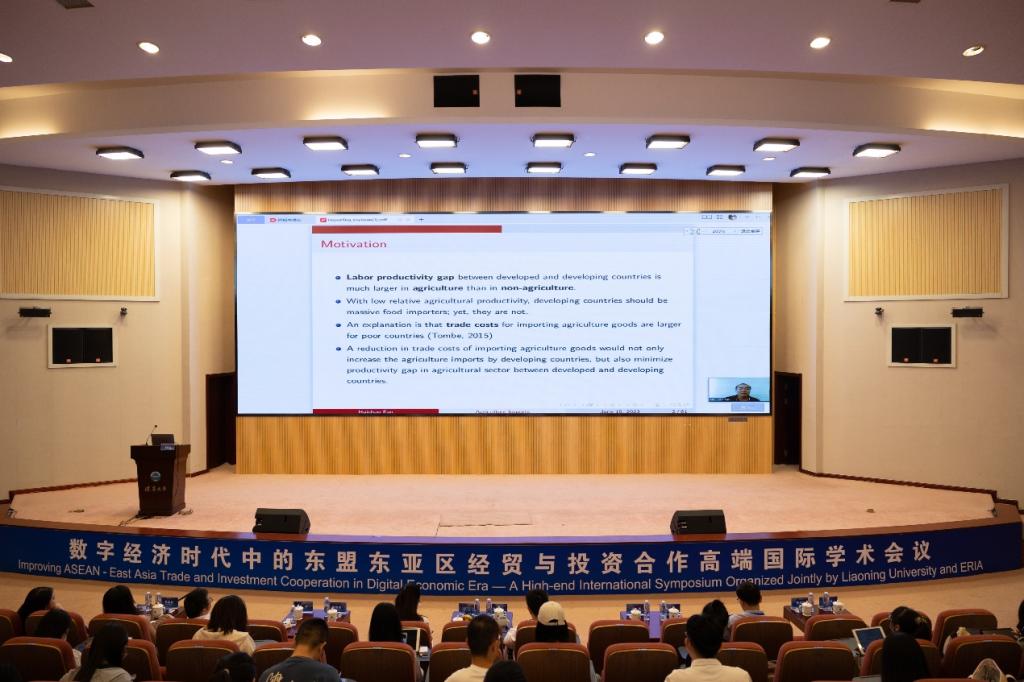
Professor Fan Haichao from the School of Economics at Fudan University, as well as Deputy Director of the Institute of World Economy at Fudan University, discussed the impact of changes in agricultural imports on the structural transformation of developing countries. Prof. Fan’s study takes into account the decrease in import tariffs on soybeans in China (from 114% to 2.4%) as an example, conducting both empirical and quantitative analysis. The empirical results show that the impact of soybeans on the total output of agriculture have caused the number of labor and income to significantly decrease, while having a positive impact on agricultural productivity. For urban areas, the decrease in soybean tariffs has led to an increase in the number of labor employment in cities and a decrease in average wages, with this impact mainly concentrated in low-tech enterprises and low-skilled workers. Prof. Fan added that while the quantitative results of the study indicate that reducing soybean import tariffs will improve the overall welfare of the country, it will have a differential impact on different regions. The cost of population mobility is a key factor affecting welfare, and a decrease in mobility costs will significantly increase the impact of import tariffs on welfare levels.
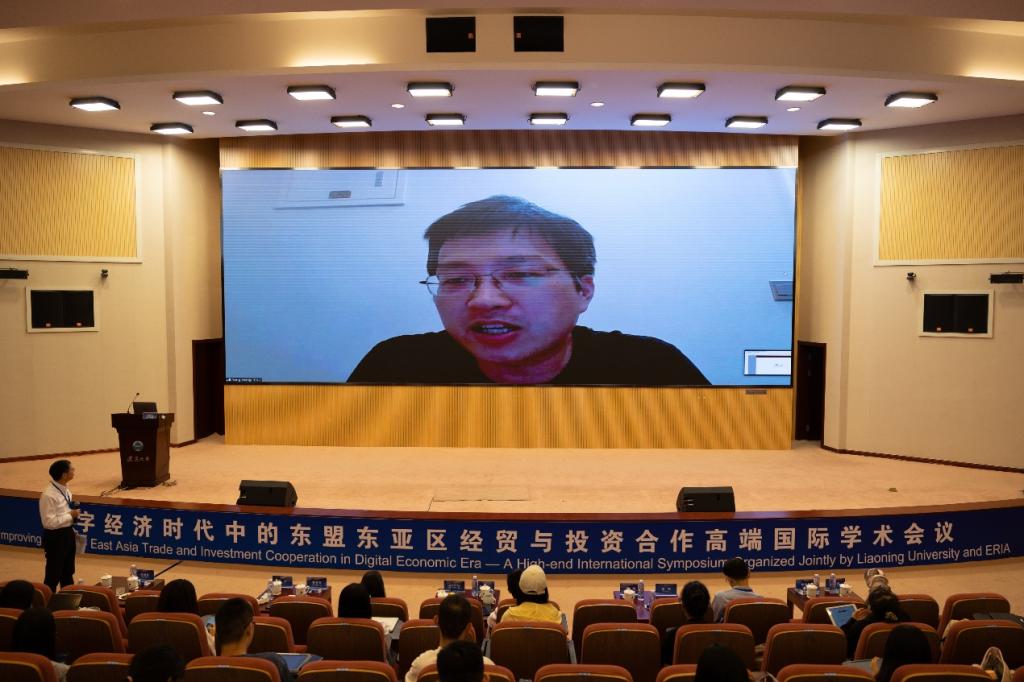
Professor Wang Yong, Vice Dean of academic affairs in the Institute of New Structural Economics at Peking University, delivered an online keynote speech on “Macroeconomic Policy and the Role of State Owned Enterprises (SOEs) in China's Vertical Structure.” Prof. Wang’s study establishes a dynamic stochastic general equilibrium model to explore how state-owned enterprises play their policy role during economic recession, as well as their impact on China's macro-economy and social welfare. This model has two important Chinese characteristics: a vertical structure and counter-cyclical effects of state-owned enterprises. His study found that state-owned enterprises have a greater policy role in stabilizing the economy and reducing fluctuations during economic downturns. In addition, policy goals also contribute to improving social welfare. This study provides a theoretical basis for a comprehensive understanding of the role of Chinese state-owned enterprises under their vertical structure as well as a systematic explanation of the role of state-owned enterprises in stabilizing the economy and promoting growth.
Through this online-and-offline symposium, experts and scholars from ASEAN and its member countries, relevant international organizations, academia, and policy research fields all shared their views during the lively discussions, greatly promoting academic exchanges and scientific research cooperation while also providing new ideas and exploring new models for promoting regional economic and trade cooperation research and practice, with the goal of achieving new findings.
Chongshan Campus: No. 66, Chongshan Middle Road, Huanggu District, Shenyang Postcode: 110036
Puhe Campus: No. 58, Daoyi South Street, Shenbei New District, Shenyang Postcode: 110136
Wusheng Campus: No. 38 Youth Street, Baita District, Liaoyang City Zip code: 111000
Copyright by Liaoning University, Shenyang, China
